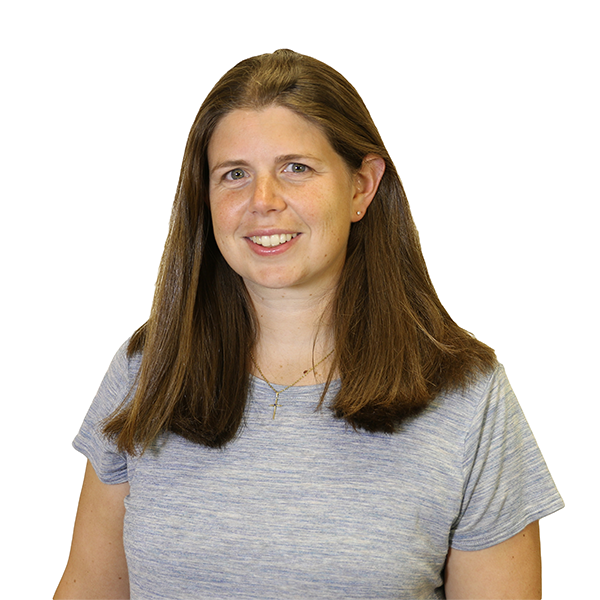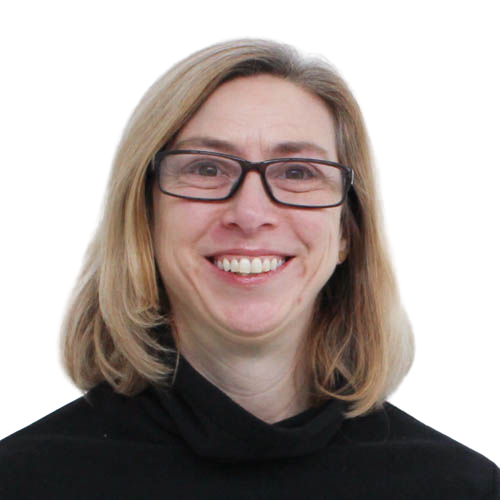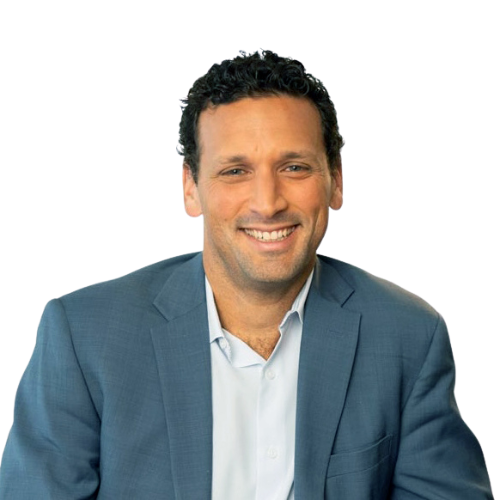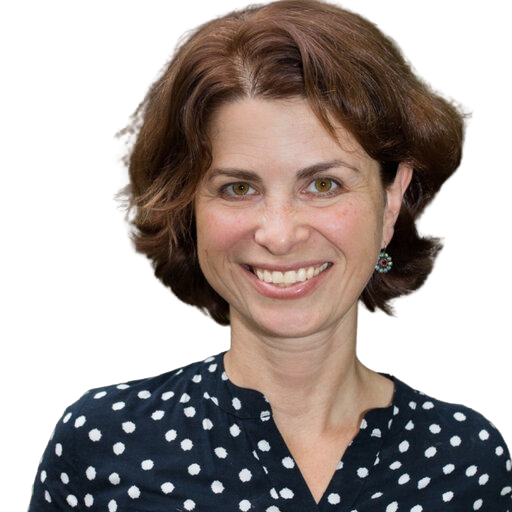Celebrating 40 Years: BEDAC’s Legacy and Continued Leadership in Public Health Research Integrity.

Celebrating 40 Years: BEDAC’s Legacy and Continued Leadership in Public Health Research Integrity
Looking back at the Biostatistics and Epidemiology Data Analytics Center’s research collaborations over the years, new and long-time collaborators share insight into what it is like to have BEDAC’s expertise at their disposal.
Just a year after celebrating its 40th anniversary, the Biostatistics and Epidemiology Data Analytics Center (BEDAC) at the School of Public Health is thriving as one of the key components of the new Center for Health Data Science (CHDS).
The BEDAC team, which has grown from three members in 1984 at the Center’s inception as SPH’s Data Coordinating Center to 38 members today, is an industrious crew of statistical programmers, applications developers, analysts, and project managers, who have long toiled in the background to support the public health research community in translating complex data into actionable insights.

“What’s great about us is that we’re here to support whatever our researchers are working on,” says Emily Sisson, BEDAC’s senior director of research operations. “We’re not tied to one specific area—we don’t just do HIV trials or focus only on opioid research. We support it all. We’ve had 40 years of really wonderful collaborations, and some of them have lasted for decades.”
Over the decades, BEDAC has partnered with researchers on more than a thousand projects, both small- and large-scale, short- and long-term, local and international, in a variety of subject areas including Alzheimer’s disease and Chronic Traumatic Encephalopathy (CTE), alcohol and substance use disorders, HIV/AIDS, tuberculosis, veteran’s health, maternal and child health, and more. Once described by Clara Chen, now director of project operations, as a “one-stop shop,” BEDAC functions as a centralized service center, prepared to handle everything from everything from grant development, research design, and project planning to comprehensive project and data management, including regulatory compliance and technical support.

Now under the umbrella of CHDS led by Debbie Cheng, assistant dean of data science and professor of biostatistics, BEDAC carries on its role as a hub of technical resources and expertise. With trained technical staff and faculty affiliates poised to facilitate comprehensive support through every phase of a project’s life cycle, BEDAC offers skills and knowledge spanning data collection system development, data processing and warehousing, data analysis and reporting, data sharing, and manuscript collaboration.
Allyson Baughman, senior project director at the BU Center for Innovation in Social Work & Health (CISWH), has collaborated with BEDAC since the start of her career in public health at SPH in 2008 when she completed a randomized controlled trial of a housing first approach to address chronic homelessness. Since 2013, BEDAC has partnered with Baughman on more than six projects funded by the Health Resources and Services Administration involving increasing access to housing, employment, and HIV treatment for people living with HIV. In Baughman’s experience, BEDAC’s contributions have frequently proved disproportionate to their share of the budget, she says. “You hire BEDAC because of what they bring to the table, but they usually bring a lot more, which is a wonderful surprise and makes their return on investment just huge. They are really good colleagues and collaborators.”

Baughman ventures that nearly everything she has accomplished in her sizable research has been in partnership with BEDAC. “They just add an incredible amount of capacity,” says Baughman.
Mike Alosco, leader of the BU Alzheimer’s Disease Research Center (ADRC) Clinical Core and co-director of clinical research at the BU CTE Center, is among BEDAC’s other long-time collaborators. Alosco, who also serves as the research vice chair and an associate professor of neurology at BU Chobanian & Avedisian School of Medicine (CAMED), says he recalls coming to BU ADRC AND BU CTE from a smaller lab without access to the kinds of services BEDAC provides. He says he quickly realized, however, what a benefit the arrangement was.
“When you have a centralized place that is focused specifically on data it takes on a lot of work off the investigators. [BEDAC] ensures not only the security of data and the confidentiality of data, but they create efficient pipelines and workflows for data management, as well as best practices for data collection. That all then translates to having the cleanest, most rigorous data available to answer your scientific questions,” says Alosco. “It is a very tedious process—data collection and data management—and you need services that are devoted to minimizing errors and ensuring the best quality of data possible.”

Alosco points to the leadership role the University has assumed in the study of CTE as evidence of BEDAC’s positive contributions.
“There are not many people who have expertise in this space and many individuals who need help and care and resources, so being in the position to, in many ways, be at the epicenter of that is very rewarding. We have created an infrastructure here to study the long-term effects of repetitive head impacts, and a data infrastructure is very much part of that,” says Alosco. “We have been able to take that data infrastructure, open it up, and extend it to 5+ centers across the United States for them to also study repetitive impacts and CTE, and that data infrastructure has all been facilitated by BEDAC, so we have taken something local and really created something national with them.”

Alosco often advocates for BEDAC to assume a more prominent role across the BU Medical Campus and hopes that more of his colleagues will consider the benefits of partnership, as was the case with Karen Jacobson, an associate professor of medicine in the section of infectious diseases at CAMED. Jacobson holds a secondary appointment in the Department of Epidemiology at SPH and is one of BEDAC’s newest collaborators.
Jacobson and her team are in the later stages of two studies on tuberculosis treatment and transmission: Tuberculosis Treatment and Alcohol Use Study and Transmission of Tuberculosis Among Illicit Drug Use Linkages). They came to BEDAC looking for support with higher level data analysis and were matched with Nina Cesare, a former post-doctoral associate at SPH and now research scientist at BEDAC.
“We’ve been really, really happy,” says Jacobson. “[Cesare’s] done a great job realizing what things needed her level of skill and what things that she could bring in someone with less years of experience in the analyst role, who could work through certain parts of data, cleaning and wrangling, where she could supervise them to extend the work that we needed done for the dollars that we had.”
As cuts to research funding reverberate across the field of public health, Sisson hopes that BEDAC might serve as an anchor in turbulent waters, offering everyone a high-quality, cost-effective means to stay on course to deliver improvements in health outcomes.